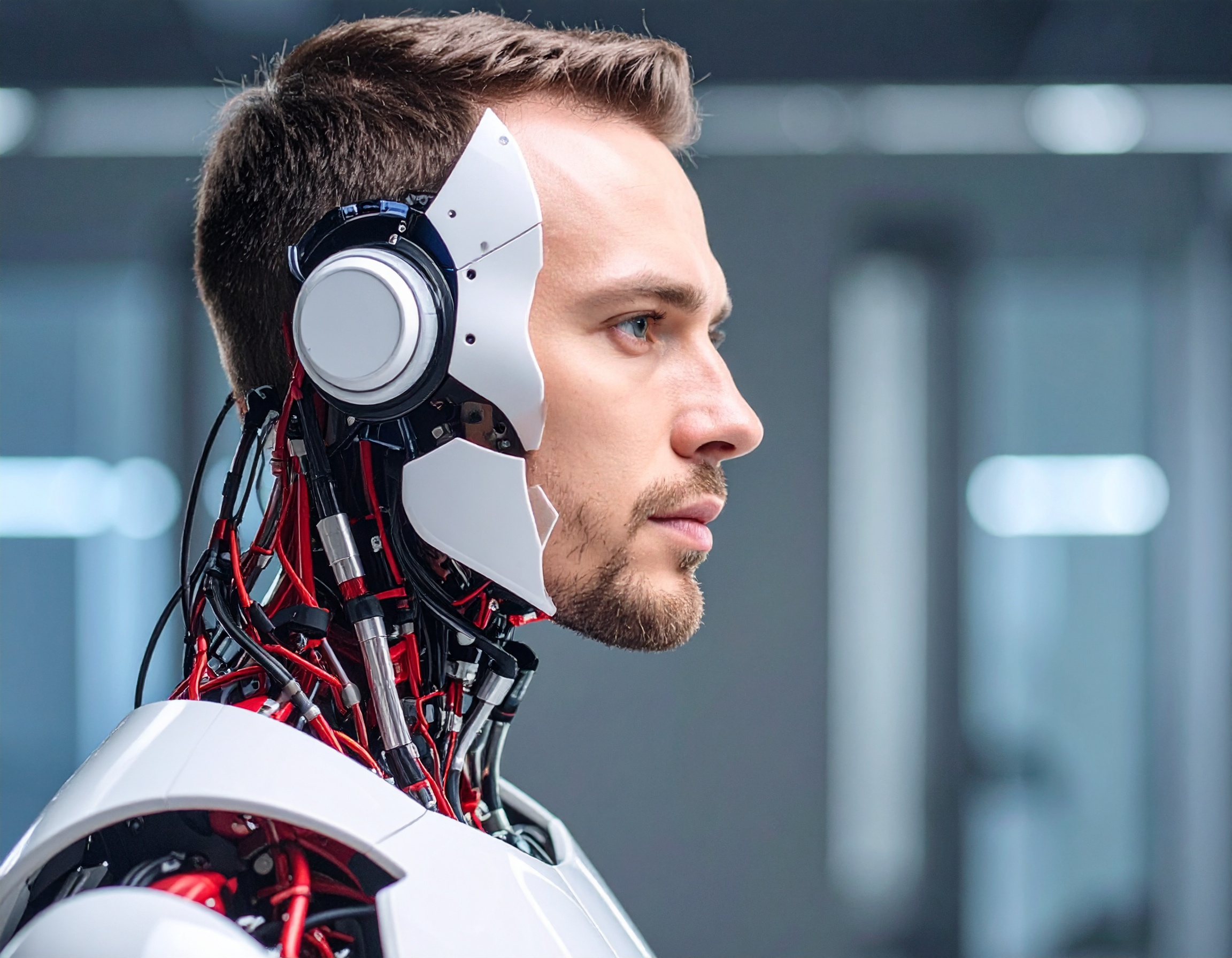Self-Driving Delivery Robots Are Coming to Tokyo: A New Era of Digital Employees

Japan Embraces Autonomous Delivery Technology
In April 2023, Japan introduced new traffic laws allowing self-driving delivery robots to operate on public roads. This decision marks a significant step in integrating intelligent agents into daily logistics, aiming to solve the country’s labor shortages. With an aging population and a shrinking workforce, Japan is turning to non-human workers to ensure efficient delivery services, especially in remote areas where access to essential goods can be challenging.

Safety Measures and Regulations
To ensure public safety, the new regulations require human operators to monitor the digital employees and intervene when necessary. The robots are limited to a maximum speed of 4 miles per hour, reducing the risk of accidents. Before the official rollout, successful trials were conducted in Tokyo, where these intelligent agents delivered food and household goods across urban and suburban areas.

Companies Leading the Innovation
Several Japanese companies are at the forefront of this transformation. ZMP has developed the DeliRo robot, while Panasonic’s Hakobo has been tested in Tokyo and Fujisawa. Japan Post has also been experimenting with autonomous mail delivery since 2020, and with the new legislation in place, it plans to expand the use of these non-human workers nationwide.

A Step Toward the Future
Japan’s adoption of self-driving delivery robots is more than just a technological upgrade—it represents a shift toward a future where digital employees play a crucial role in daily life. By embracing automation, Japan is addressing labor shortages and modernizing its delivery infrastructure, setting an example for other nations facing similar challenges.
Key Highlights:
- New Legislation (April 2023) – Japan introduced traffic laws allowing self-driving delivery robots on public roads.
- Addressing Labor Shortages – The initiative aims to support an aging population and workforce shortages by integrating intelligent agents into logistics.
- Strict Safety Regulations – Robots must be monitored by human operators and have a speed limit of 4 mph to ensure public safety.
- Successful Trials – Tests in Tokyo demonstrated effective delivery of food and household goods using digital employees.
- Leading Companies – ZMP’s DeliRo, Panasonic’s Hakobo, and Japan Post’s autonomous mail robots are among the pioneering non-human workers in Japan.
- Future Implications – Japan’s move toward automation could serve as a model for other nations facing similar workforce challenges.
Reference:
https://www.iotworldtoday.com/robotics/self-driving-delivery-robots-coming-to-tokyo


